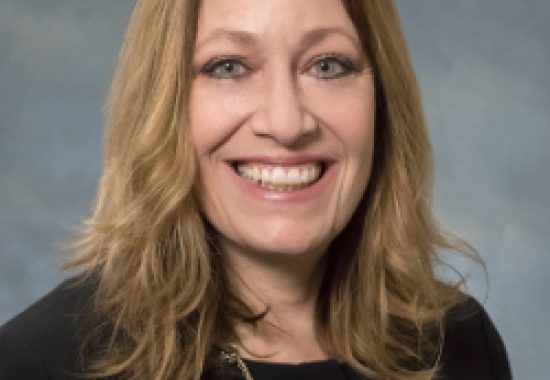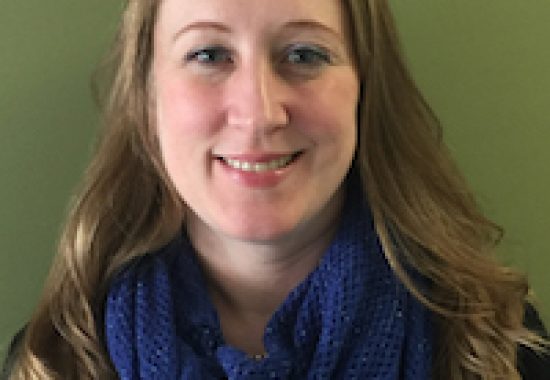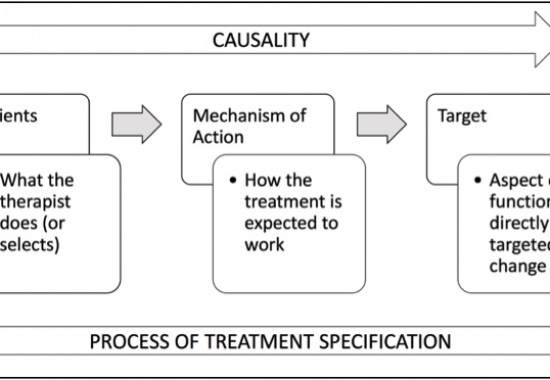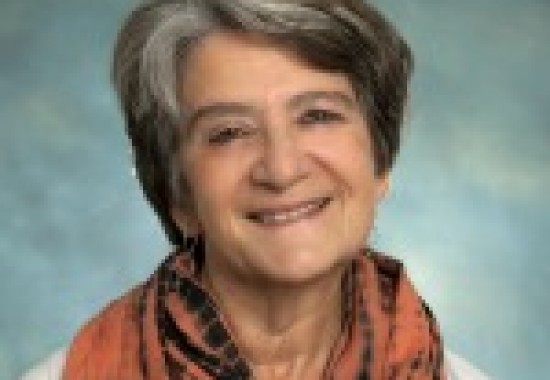MRRI Institute Scientist Edward Wlotko, PhD, will serve as principal investigator of a subcontract award totaling more than $1M from the National Institutes of Health. The research is part of a grant, entitled “Cognitive control and sentence processing in aphasia,” received by Malathi Thothathiri, Ph.D., of the Department of Speech, Language & Hearing Sciences at George Washington University. Dr. Thothathiri is a former postdoctoral fellow at MRRI. Continue Reading
Category: Research
Dr. Kantak Receives NIH Grant for Stroke Studies
Shailesh Kantak, PhD, PT, MRRI research scientist and director of the Institute’s Neuroplasticity and Motor Behavior Laboratory, has been awarded a $1.9 million grant from the National Institutes of Health.
The studies to be conducted under the grant, titled “Perceptual motor interaction to improve bimanual coordination after stroke,” will focus on people who have had strokes. The studies will determine how motor and perceptual task demands of a bimanual reaching task interact to influence coordination between arms; the effects of changing perceptual and motor task demands on bimanual coordination; and the behavioral, neuroanatomic and neurophysiologic contributors to individual differences in bimanual coordination.
Buxbaum Receives 2018 Viste Award
 Laurel J. Buxbaum, PsyD, associate director of the Moss Rehabilitation Research Institute, has received the 2018 Viste Award from the American Society of Neurorehabilitation (ASNR).
Laurel J. Buxbaum, PsyD, associate director of the Moss Rehabilitation Research Institute, has received the 2018 Viste Award from the American Society of Neurorehabilitation (ASNR).
The award honors Kenneth M. Viste, Jr., MD, who was a tireless advocate for neurorehabilitation and ASNR. According to the organization, the award is presented annually “to an individual that has supported the mission and vision of ASNR over the course of his or her career, by supporting neurorehabilitation as a field, engaging in clinical and educational work, and making our medical peers aware of the importance of neurorehabilitation.” Continue Reading
MRRI Scientists Win Honors at Einstein Research Recognition Day
Einstein Healthcare Network recently held its 30th Research Recognition Week, a celebration of the investigative work going on throughout the network, which includes MossRehab and the Moss Rehabilitation Research Institute. MRRI was proud to receive special recognition during the event. Continue Reading
Videos Explore MRRI’s Research Activities
Over the past few years, MRRI has been producing videos of our scientists explaining their research projects and the implications of what they are learning for the field. It is all part of our mission to improve the lives of individuals with neurological disabilities through research.
Now, you can explore the videos in one place on the MRRI YouTube channel. Continue Reading
Creating a Path to Improved Naming in People with Aphasia
Aphasia can be quite frustrating for people who struggle to communicate. In addition to naming difficulties, some people with aphasia experience comprehension impairment, where hearing or reading the name of an object conveys the wrong image or meaning.
Erica Middleton, PhD, has been studying naming problems for eight years. Her last six years have been spent researching how people with aphasia can relearn and comprehend names, first as a Post-Doc at Moss Rehabilitation Research Institute (MRRI), and now as the Institute Scientist leading MRRI’s Language and Learning Laboratory.
In this video, Dr. Middleton talks about a five year, $2.4 million grant she received from the National Institutes of Health that will lead to a theory of learning needed to advance aphasia rehabilitation.
Developing a Rehab Treatment Specification System
For more than a decade, researchers and clinicians in the field of rehabilitation have been searching for an answer to the black box problem—that is, the field’s inability so far to characterize and ultimately classify rehabilitation treatments according to useful, operational definitions that focus on their active ingredients.
In 2014, researchers at the Moss Rehabilitation Research Institute (MRRI), together with Marcel Dijkers, PhD and colleagues at the Icahn School of Medicine at Mount Sinai in New York, introduced an early framework for this process, called the Rehabilitation Treatment Taxonomy (RTT). Continue Reading
Creating a ‘Yardstick’ for Measuring Progress in Rehab
In physical medicine and rehabilitation, doctors and therapists generally measure progress using the Functional Improvement Measurement (FIM)™ – a widely accepted scale designed to gauge the functional abilities of patients undergoing rehabilitation.
The problem, according to John Whyte, MD, PhD, director of the Moss Rehabilitation Research Institute, is that the FIM score doesn’t provide enough detail to distinguish between patients throughout the entire process of rehabilitation.
In this video, Dr. Whyte talks about his project to develop a more effective means of measuring patient progress. Continue Reading
Buxbaum, Colleagues Publish Study on Phantom Limb Pain
Standard treatment generally doesn’t provide relief for people with amputations who experience phantom limb pain. However, research on the use of virtual reality has recently shown promise for this new approach.
 Laurel J. Buxbaum, PsyD, associate director of MRRI, and colleagues from the University of Pennsylvania and the Max Planck Institute for Intelligent Systems, in Stuttgart, Germany, recently published research about the use of immersive low-cost virtual reality treatment for the treatment of phantom limb pain. Continue Reading
Laurel J. Buxbaum, PsyD, associate director of MRRI, and colleagues from the University of Pennsylvania and the Max Planck Institute for Intelligent Systems, in Stuttgart, Germany, recently published research about the use of immersive low-cost virtual reality treatment for the treatment of phantom limb pain. Continue Reading
Myrna Schwartz Appears on Aphasia Access Podcast
Mryna Schwartz, PhD, co-founder of the Moss Rehabilitation Research Institute, recently discussed best practices in aphasia care as part of the Aphasia Access Conversations podcast series.
In a conversation with Janet Patterson, PhD, Dr. Schwartz discussed the role of ethics and institutional review in clinical research activities that involve people with aphasia.
Dr. Schwartz headed MRRI’s Language and Aphasia Laboratory for many years.





